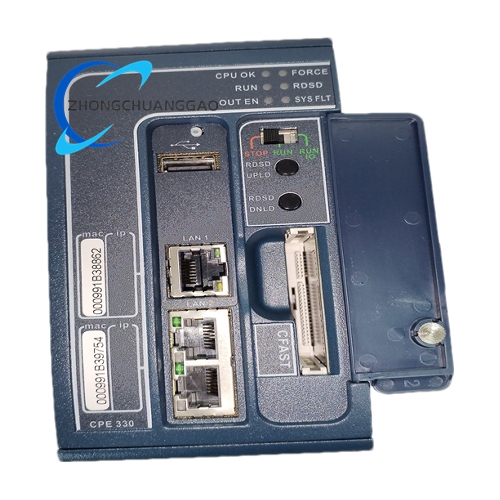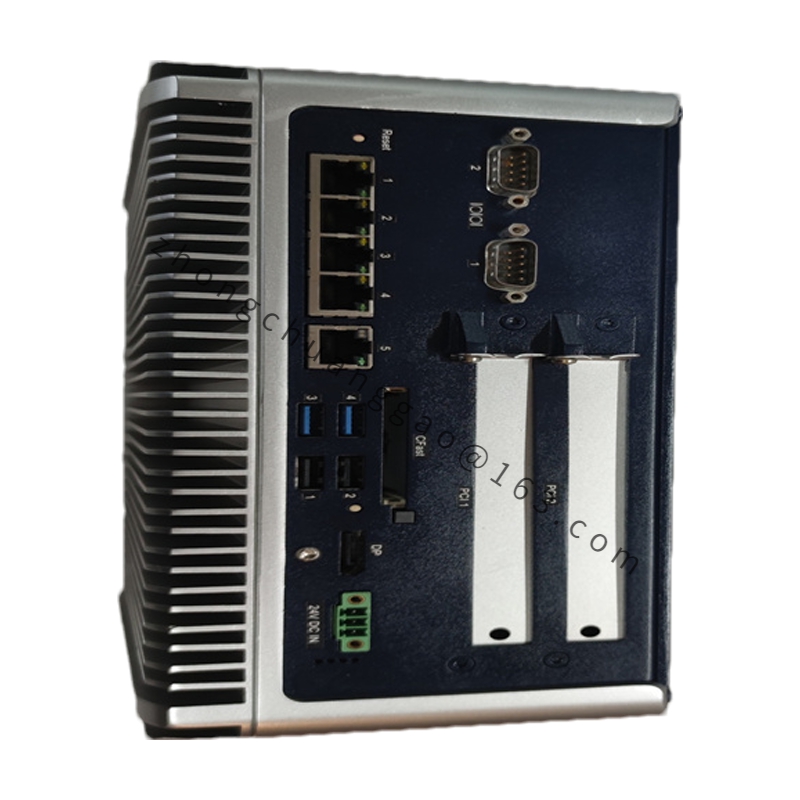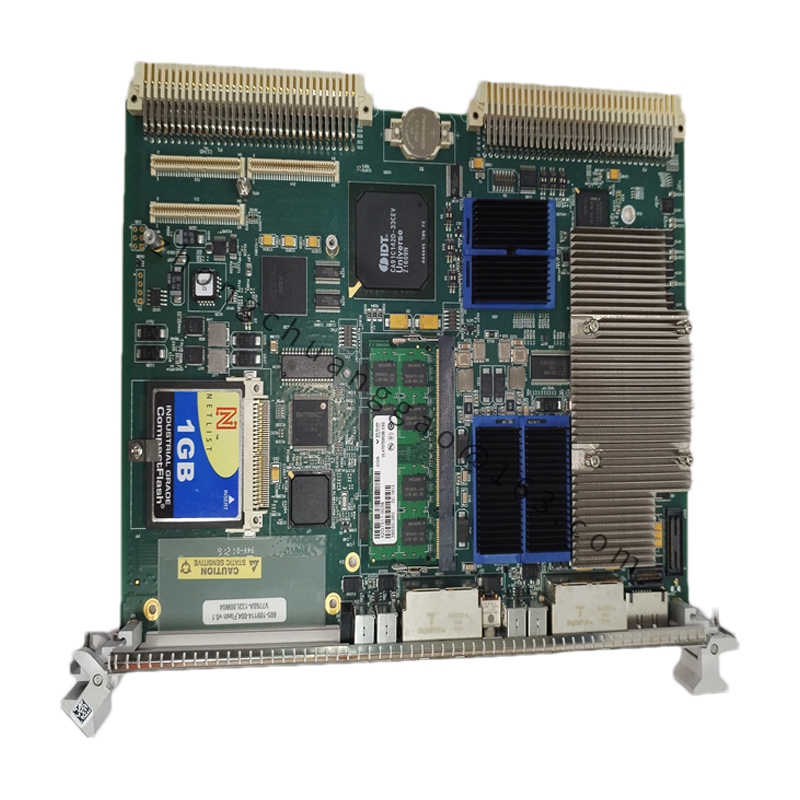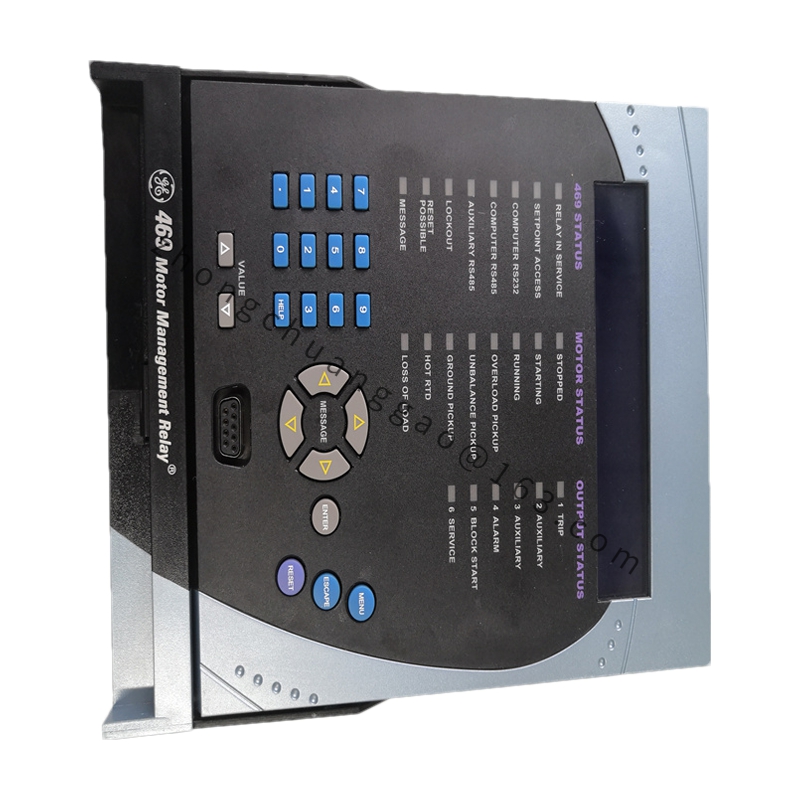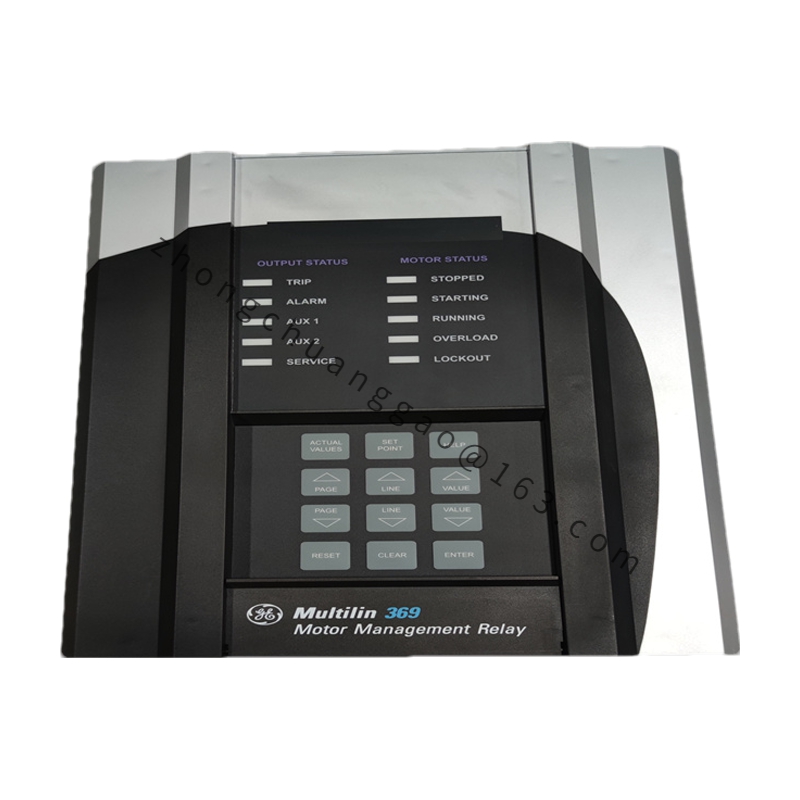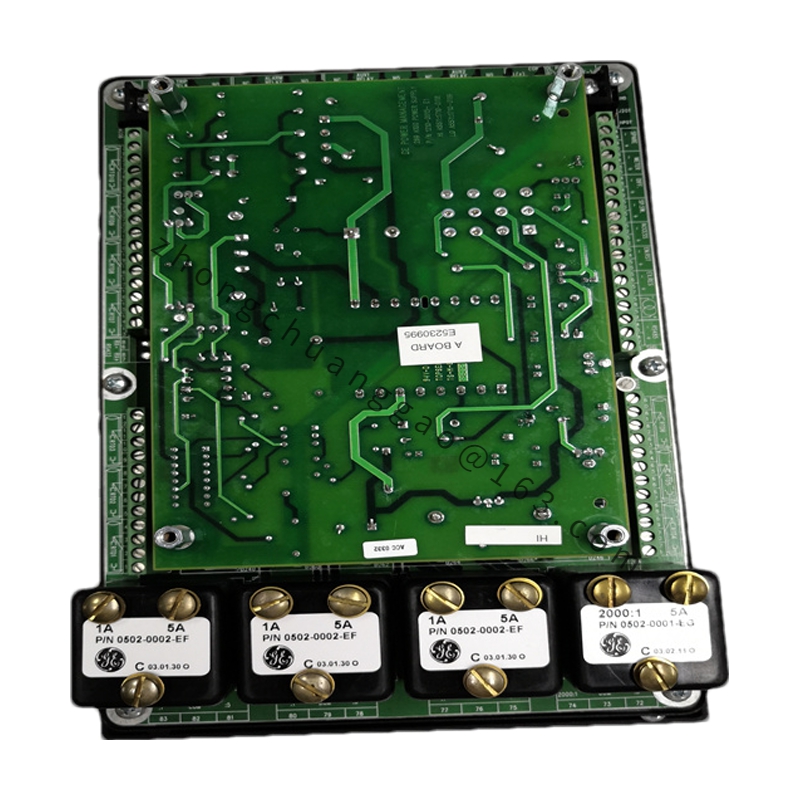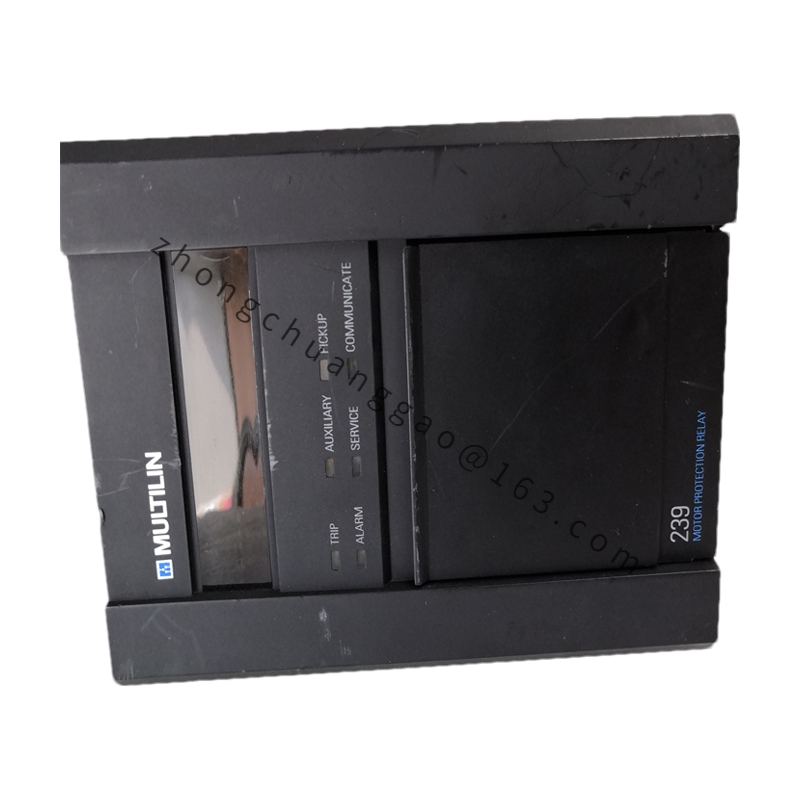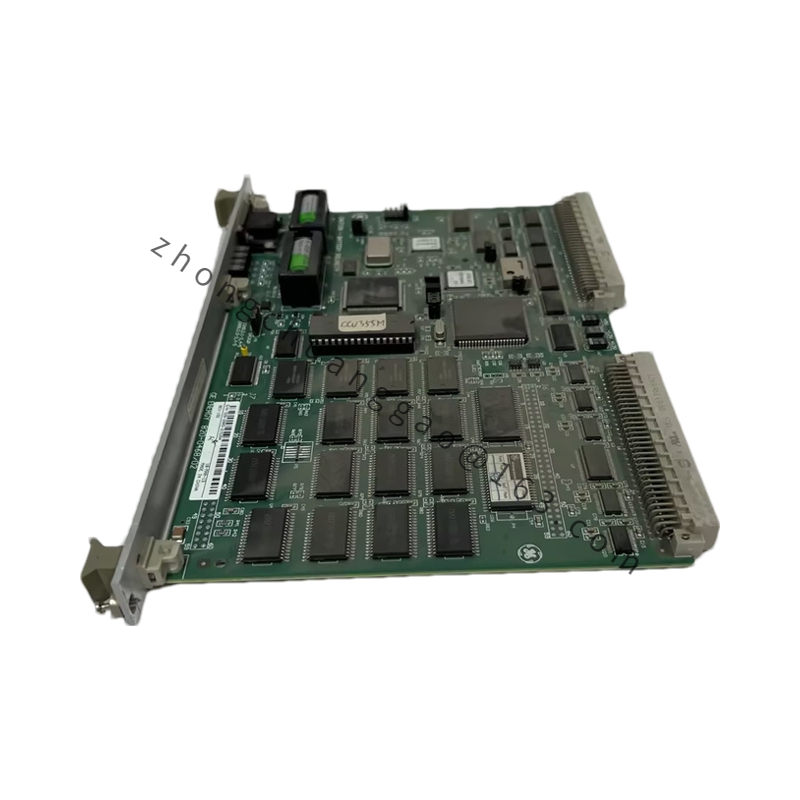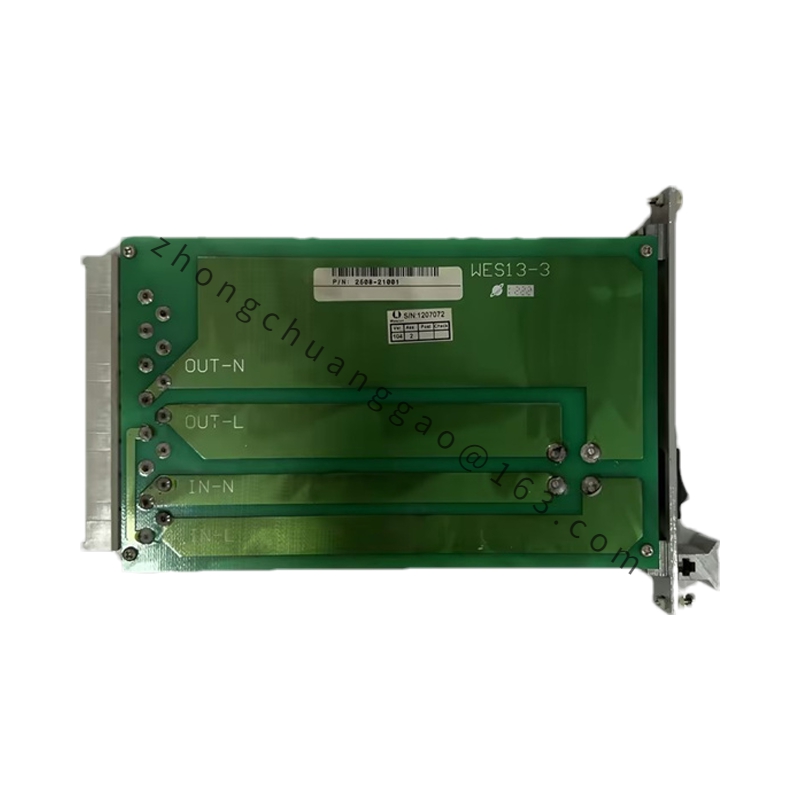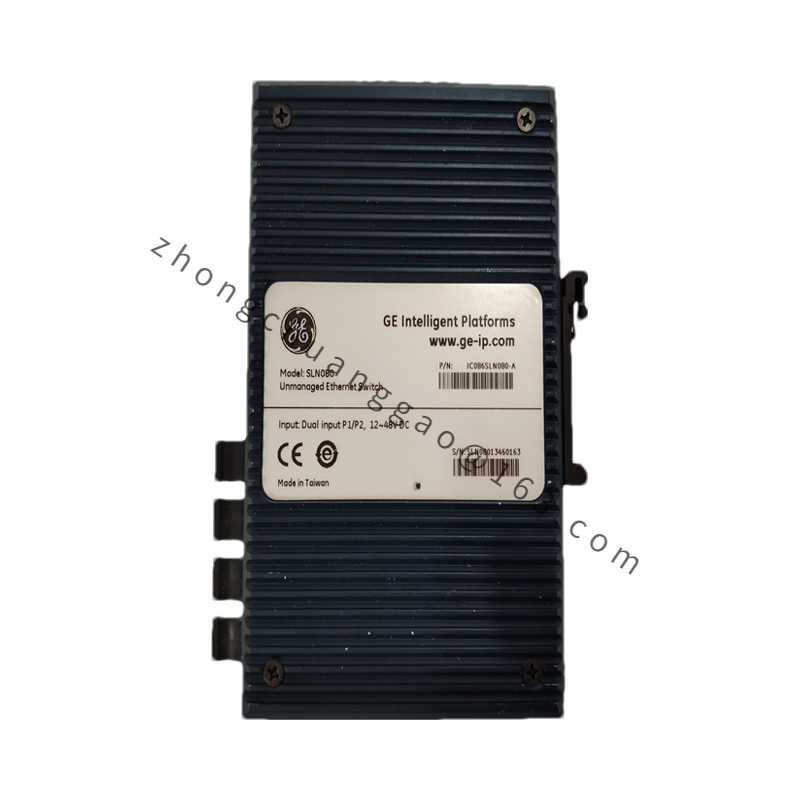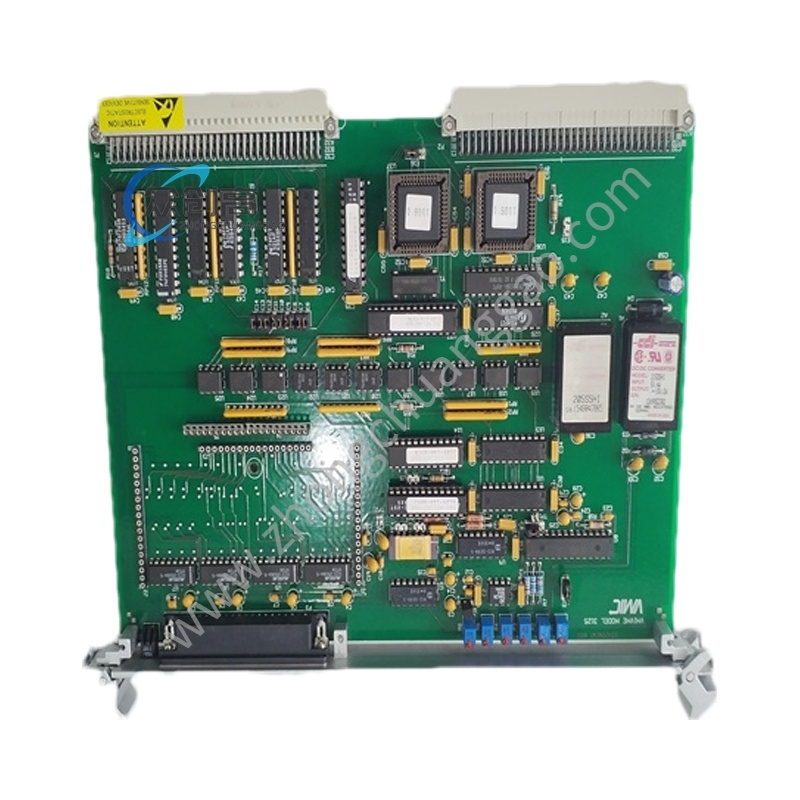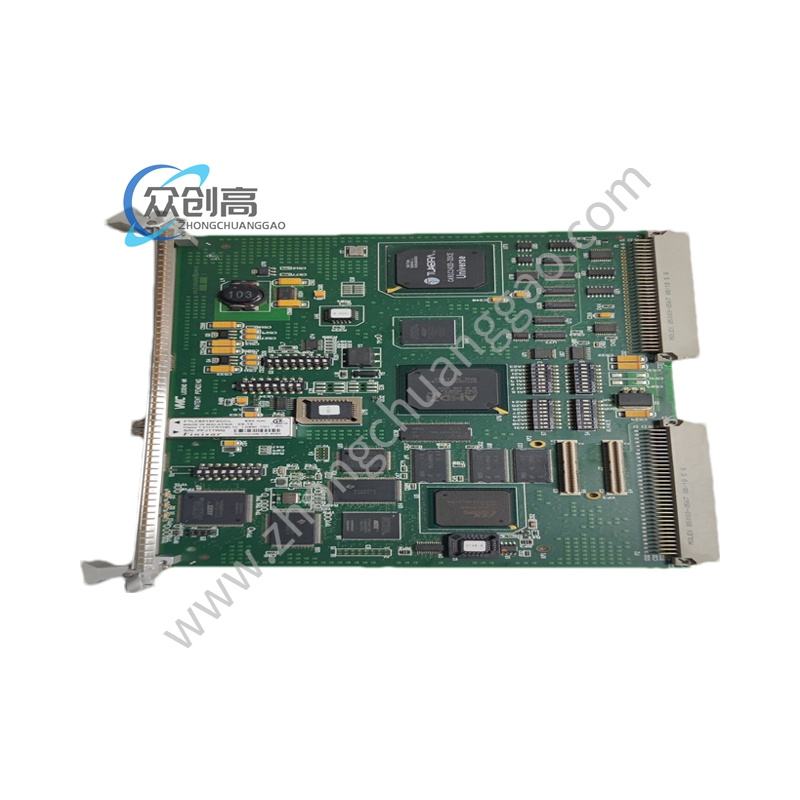GE IC754CGF08CTD-CB
Technical Specifications
- Processor: High-performance embedded processor for real-time control tasks.
- Memory: Built-in flash memory for storing application programs, configurations, and historical data.
- Communication Ports:
- Ethernet port(s) for network connectivity (10/100 Mbps).
- Serial ports (RS-232/RS-485) for legacy device integration.
- USB ports for firmware updates and data transfer.
- Power Requirements:
- Operating Voltage: 24 VDC.
- Power Consumption: Typically under 50 W, depending on configuration.
Detailed content
- Environmental Ratings:
- Operating Temperature: 0°C to 50°C (non-condensing).
- Storage Temperature: -20°C to 70°C.
- Humidity: 5% to 95% RH (non-condensing).
- Enclosure Rating: IP65 or higher for dust and water resistance.
- Certifications: Compliance with industrial standards such as CE, UL, and IEC 61131-3.
Key Functional Characteristics
- Real-Time Control: Executes logic operations and control algorithms with millisecond-level response times.
- Data Retention: Supports battery-backed RAM to retain critical data during power cycles.
- Alarm Management: Configurable alarm thresholds and priority levels with visual/audible alerts for critical events.
- Protocol Support: Native integration with GE protocols (e.g., Genius Bus, SRTP) and compatibility with Modbus TCP, OPC UA, or EtherNet/IP for third-party devices.
- Durability: Industrial-grade components rated for 24/7 operation, resistant to vibrations, shocks, and electromagnetic interference (EMI).
- Software: Pre-installed with GE’s Machine Edition software for configuration and programming. Supports Windows CE or similar embedded operating systems for multitasking.
Application Scenarios
- Manufacturing Automation: Used in assembly lines, packaging machines, or CNC systems for process monitoring and control.
- Energy Management: Deployed in power plants or renewable energy systems to visualize grid parameters and equipment status.
- Water/Wastewater Treatment: Monitors pump stations, filtration systems, and chemical dosing processes.
- Oil & Gas: Integrates with SCADA systems for pipeline monitoring or drilling operations.
- Building Automation: Controls HVAC, lighting, or security systems in smart infrastructure projects.
- Transportation Systems: Manages traffic signals, railway signaling, or airport baggage handling systems.

